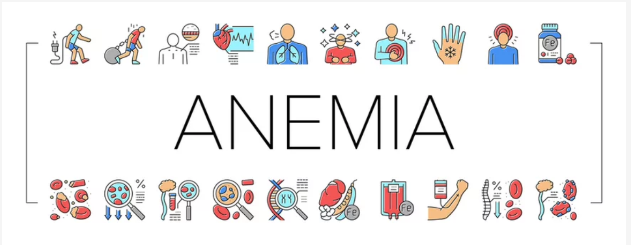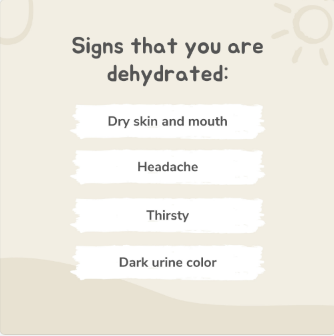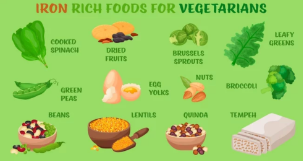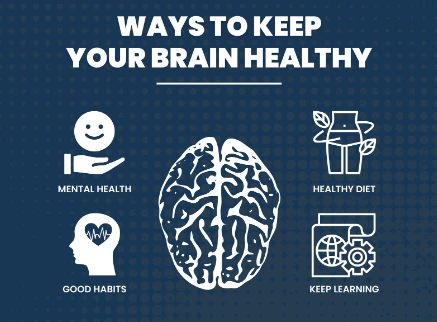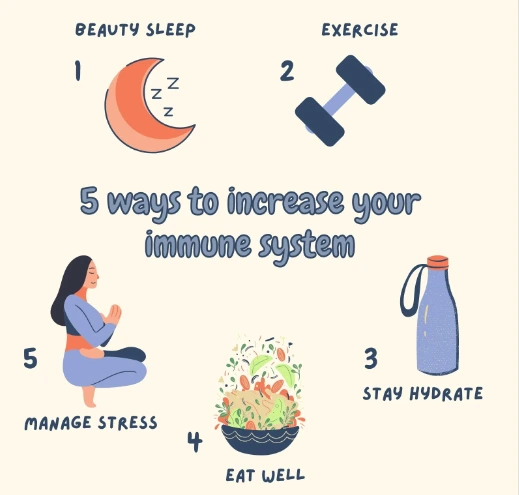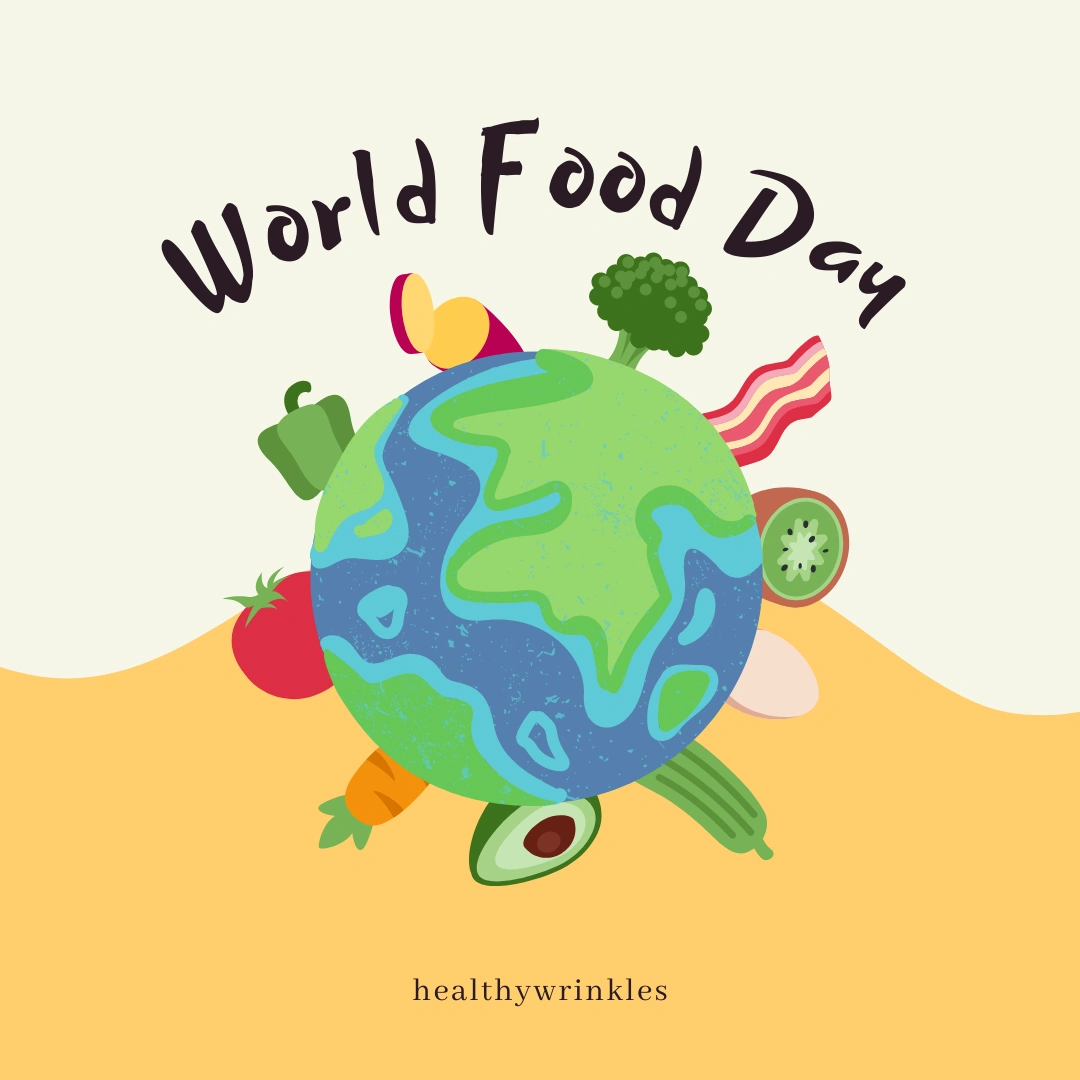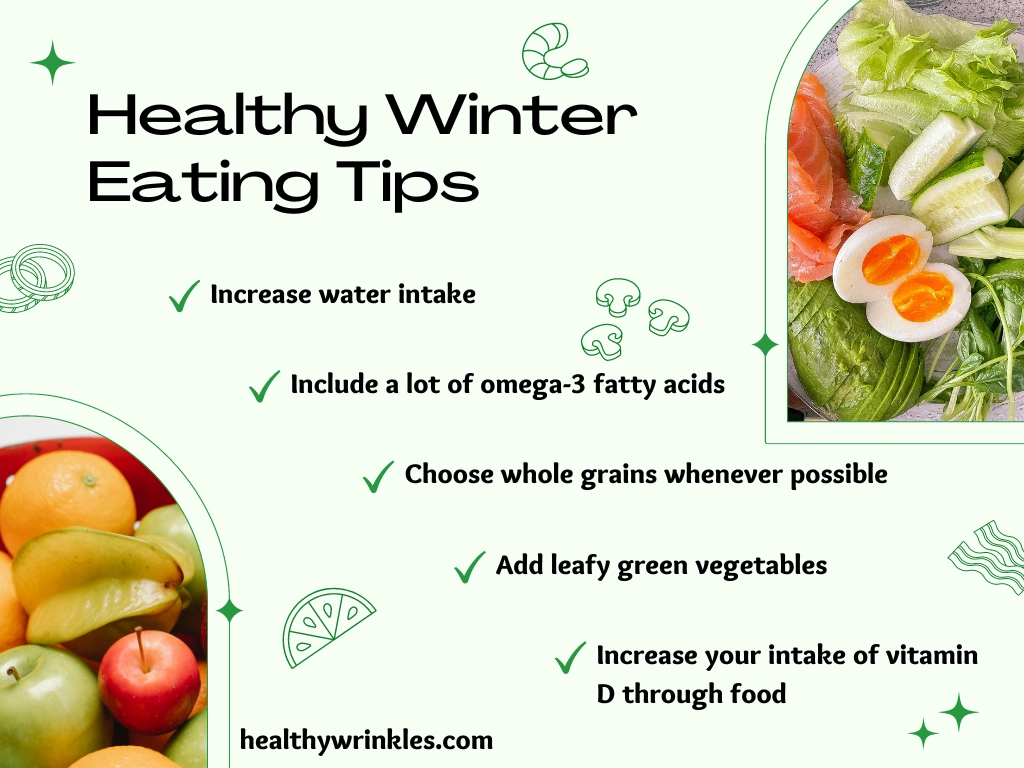Nutrition and Age-Related Diseases How Diet Can Help Prevent Illness
26-09-24
As we age, our risk of developing chronic diseases such as cardiovascular disease, cancer, and diabetes increases. While genetics and lifestyle factors such as smoking and lack of physical activity play a role in the development of these diseases, nutrition is also a critical factor. In this article, we will explore the link between nutrition and age-related diseases and how diet can help prevent illness.
Cardiovascular Disease:
The risk of developing CVD increases with age, and poor nutrition is a significant contributor. A diet high in saturated and trans fats, sodium, and added sugars can lead to high blood pressure, high cholesterol, and inflammation, all of which increase the risk of CVD. Talk to experts before making major changes to your diet, Healthywrinkles has one of the best lists of top nutritionists in Nagpur.
A heart-healthy diet rich in fruits, vegetables, whole grains, lean protein, and healthy fats can help prevent CVD. Eating foods that are high in fiber, such as whole grains, fruits, and vegetables, can lower cholesterol and blood pressure. Including healthy fats, such as omega-3 fatty acids found in fatty fish, nuts, and seeds, can reduce inflammation and improve overall heart health.
Cancer:
While genetics and environmental factors play a role in cancer development, diet also plays a significant role. A diet high in processed and red meat, saturated fat, and low in fruits, vegetables, and whole grains increases the risk of cancer.
Eating a plant-based diet that is rich in fruits, vegetables, whole grains, and lean protein can help prevent cancer. Fruits and vegetables contain antioxidants, which protect against damage from free radicals that can lead to cancer. Whole grains provide fiber, vitamins, and minerals, which are essential for overall health. Here is a curated playlist on diet and nutrition for seniors from our nutrition experts.
Diabetes:
The risk of developing type 2 diabetes increases with age, and poor nutrition is a significant contributor. A diet high in sugar and refined carbohydrates can lead to insulin resistance, which can lead to type 2 diabetes.
A diet that is high in fiber, low in added sugars, and includes healthy fats can help prevent type 2 diabetes. Eating whole grains, fruits, and vegetables can provide the fiber needed to regulate blood sugar levels. Choosing healthy fats, such as those found in nuts, seeds, and fatty fish, can reduce inflammation and improve insulin sensitivity.
Osteoporosis:
Osteoporosis is a condition in which bones become weak and brittle, increasing the risk of fractures. As we age, our bones naturally become weaker, and poor nutrition can exacerbate this process. A diet low in calcium and vitamin D can increase the risk of osteoporosis.
Eating a diet rich in calcium and vitamin D can help prevent osteoporosis. Dairy products, such as milk, cheese, and curd, are excellent sources of calcium. Non-dairy sources of calcium include leafy greens, tofu, paneer, and fortified foods. Vitamin D is found in fatty fish, such as salmon and tuna, and fortified foods such as milk, orange juice, and cereals. Watch diet tips for the elderly from Geeta Shenoy.
Alzheimer's Disease:
Alzheimer's disease is a progressive brain disorder that affects memory and cognitive function. While the exact cause of Alzheimer's is unknown, diet may play a role. A diet high in saturated and trans fats, processed foods, and sugar may increase the risk of Alzheimer's disease.
A diet rich in fruits, vegetables, whole grains, and lean protein may help prevent Alzheimer's disease. Eating foods that are high in antioxidants, such as berries and leafy greens, can protect against oxidative stress, which may play a role in Alzheimer's disease development. Omega-3 fatty acids, found in fatty fish and nuts, may also be beneficial in preventing Alzheimer's disease.
In summary, a diet rich in whole, nutrient-dense foods and low in processed and sugary foods are crucial in the prevention of age-related diseases. It's always possible to make changes to your diet and improve your health. By making small changes and incorporating more nutrient-dense foods, you can take a significant step towards preventing chronic diseases and improving your overall health and well-being.
